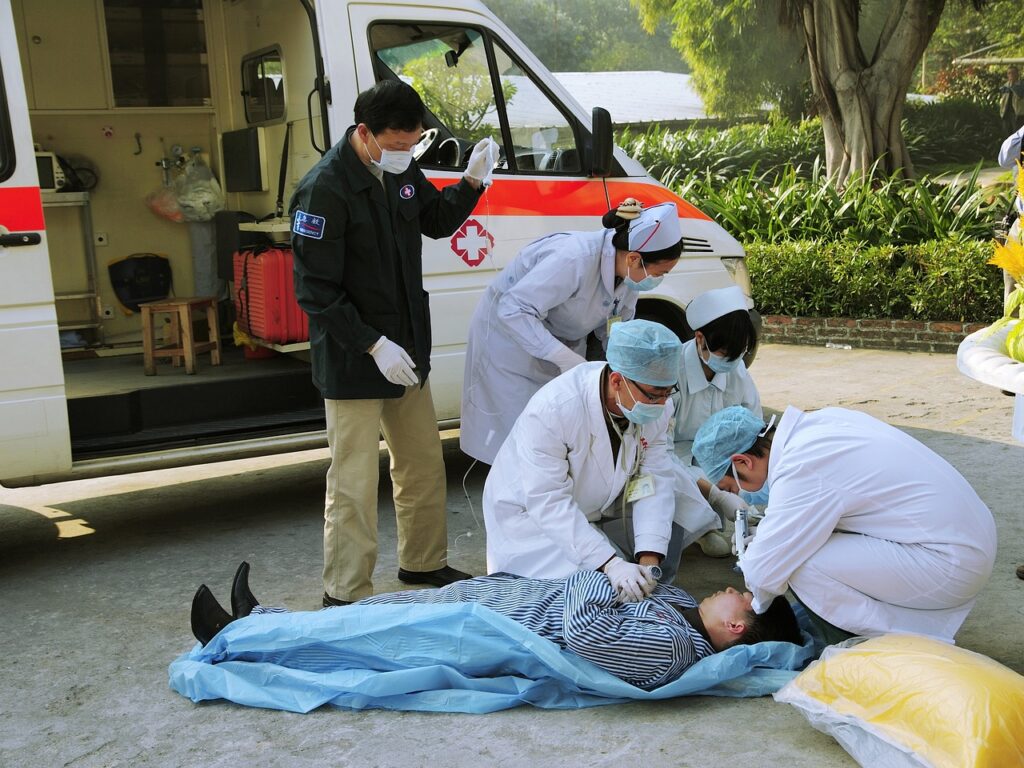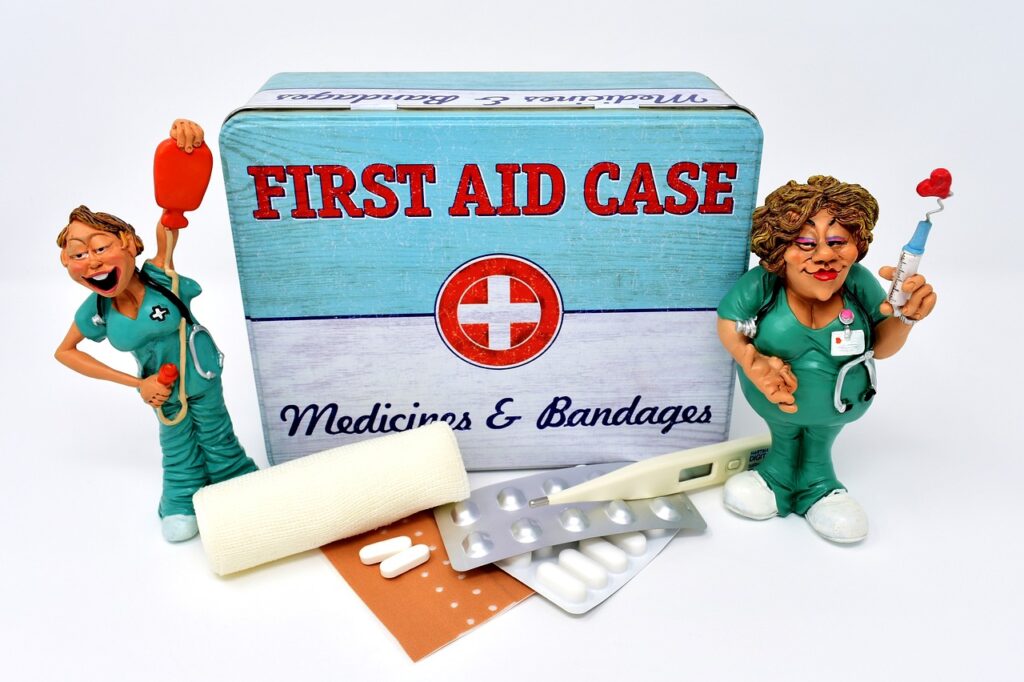
Traveling is an exciting adventure, but it can also come with unexpected challenges. One common mistake that many travelers make is not planning for emergencies. Whether you’re exploring a bustling city or hiking in the wilderness, it’s essential to be prepared for any situation that may arise.
The Mistake: Not Having a Plan for Emergencies
One of the most significant mistakes travelers can make is not having a plan for emergencies. From getting lost in an unfamiliar city to falling ill in a remote area, emergencies can happen when you least expect them. Without a plan in place, you may find yourself feeling overwhelmed and unprepared, potentially putting yourself at risk.

The Solution: Planning Ahead for Emergencies
To ensure you’re prepared for emergencies while traveling, consider the following tips:
- Carry a First Aid Kit: Pack a basic first aid kit with essentials such as bandages, antiseptic wipes, pain relievers, and any necessary prescription medications. Having these items on hand can help you quickly address minor injuries or illnesses.
- Know the Local Emergency Numbers: Research the emergency numbers for the country you’re visiting and save them in your phone. In many countries, the emergency number is different from what you might be used to, so it’s crucial to know the correct number to call in case of an emergency.
- Have a Backup Plan for Transportation: If you’re relying on public transportation or rental cars, have a backup plan in case of delays, cancellations, or other issues. Familiarize yourself with alternative routes or modes of transportation to ensure you can reach your destination safely.
- Have a Backup Plan for Accommodation: In the event that your original accommodation plans fall through, have a backup plan in place. This could include knowing nearby hotels or hostels where you can stay if needed.
- Stay Informed: Stay updated on local news and developments, especially regarding safety and health concerns. Being informed can help you make informed decisions and avoid potentially dangerous situations.

By planning ahead for emergencies, you can minimize the stress and uncertainty that can come with unexpected situations while traveling. Remember to stay flexible, be open to new experiences, and embrace the adventure of travel while taking precautions to ensure your safety and well-being.




